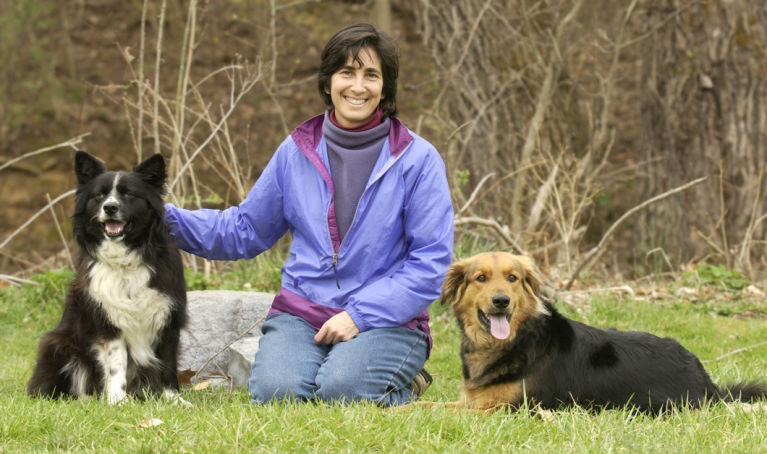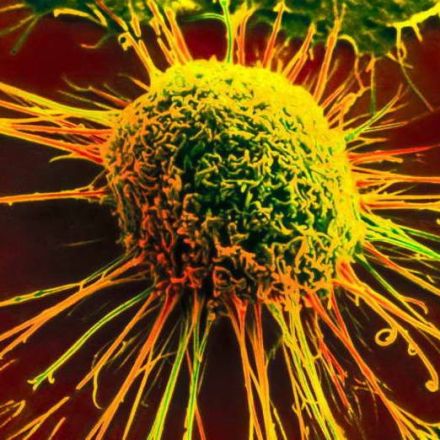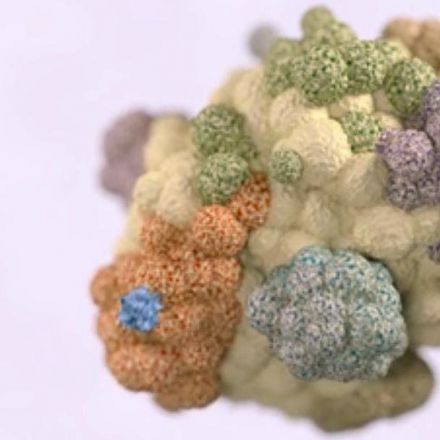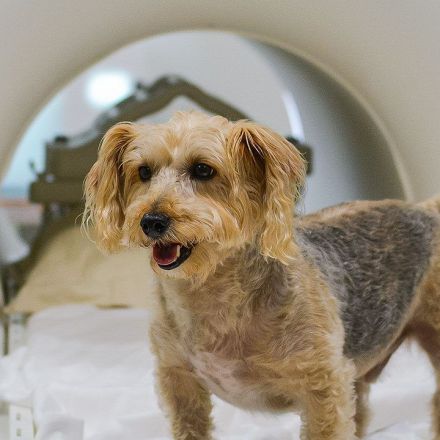Do You Think Dogs Can Help Cure Human Cancer?
– Dogs suffer similarly to humans from certain cancers. The emerging field of comparative oncology seeks therapies for people that build on treatments effective in canines (and vice versa). – In a new book, Heal, dog lover and science journalist Arlene Weintraub conducts a brisk and often-moving tour of the frontier of comparative oncology. She describes cutting-edge research aimed at treatments for such ailments as lymphoma, breast cancer, and gastric cancer, the last of which took the life of
Continue Reading-
 Do You Think Dogs Can Help Cure Human Cancer?
Do You Think Dogs Can Help Cure Human Cancer?
Do You Think Dogs Can Help Cure Human Cancer?
Dogs suffer similarly to humans from certain cancers. The emerging field of comparative oncology seeks therapies for people that build on treatments effective in canines (and vice versa).
In a new book, Heal, dog lover and science journalist Arlene Weintraub conducts a brisk and often-moving tour of the frontier of comparative oncology. She describes cutting-edge research aimed at treatments for such ailments as lymphoma, breast cancer, and gastric cancer, the last of which took the life of Weintraub’s older sister, Beth, at the age of 47—a loss that animates the author’s account.
A former Bloomberg Businessweek writer, Weintraub has written for many years about pharmaceuticals and health care, and she’s the author of a book on the anti-aging industry called Selling the Fountain of Youth. Dogs, Weintraub explains, “make ideal models for studying human cancer because, like us, they develop cancer naturally.” Mice and rats, the main lab subjects for generations because of their low cost (and lack of personal charm), rarely develop cancer on their own. Rodents have to be genetically manipulated or implanted with tumors to mirror human cancer experiences. Even then, 9 out of 10 experimental drugs that cure rodents of cancer fail in humans. Nonhuman primates like apes aren’t much better; although they share the vast majority of our genes, apes are far less susceptible to cancer (and animal-rights activists lately have been successful in discouraging primate studies).





























Join the Discussion